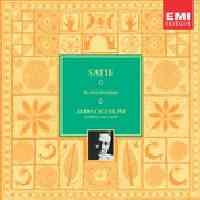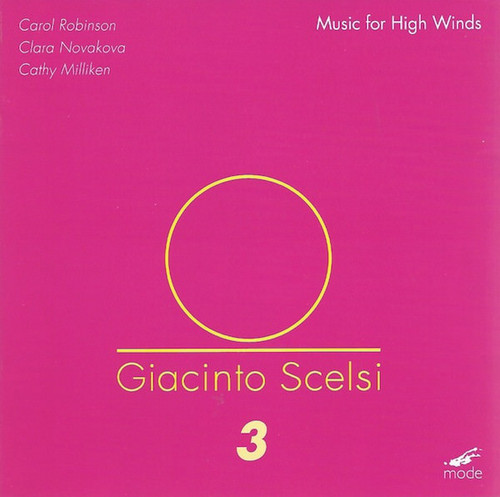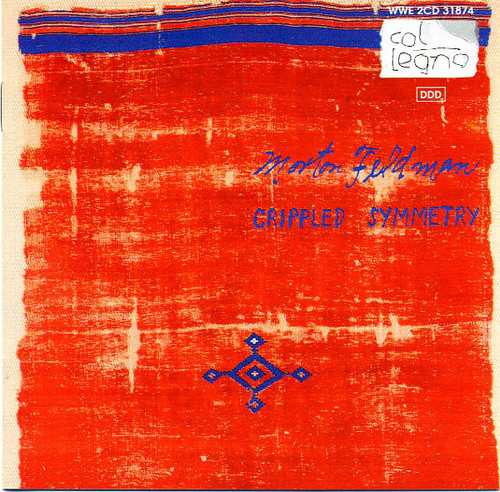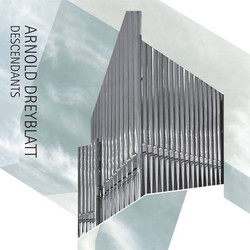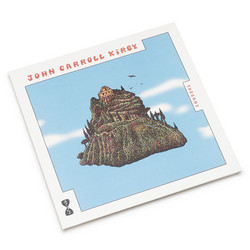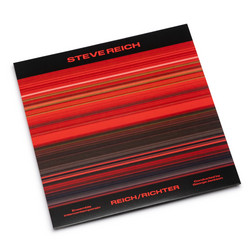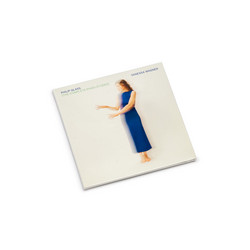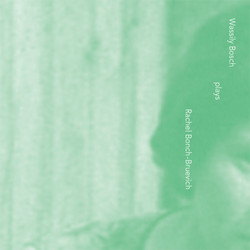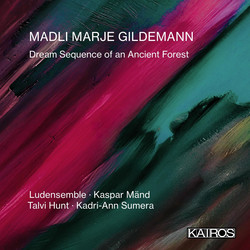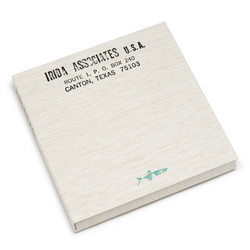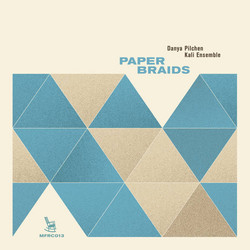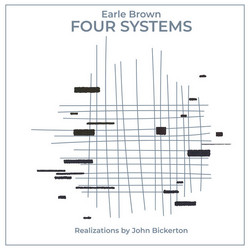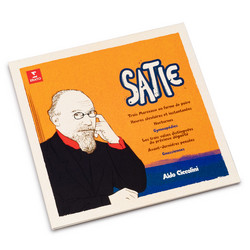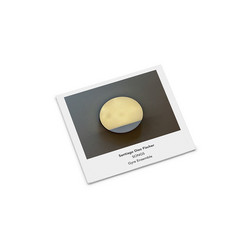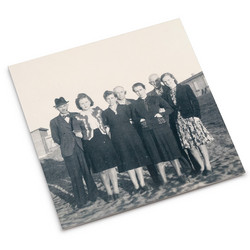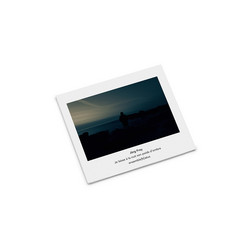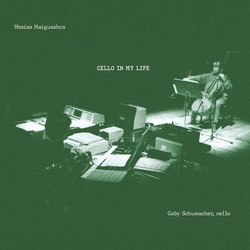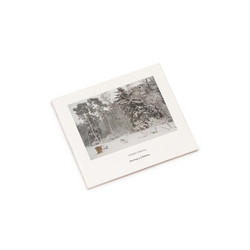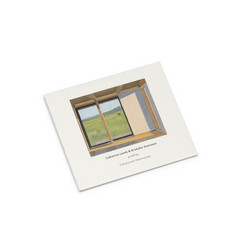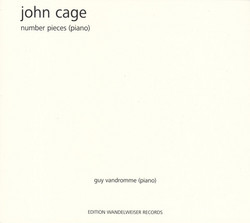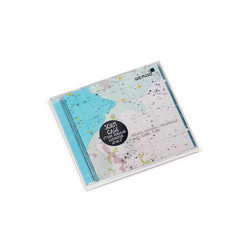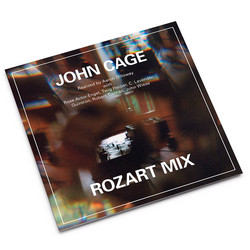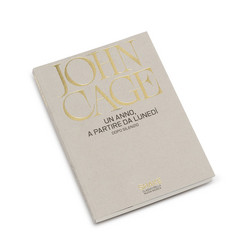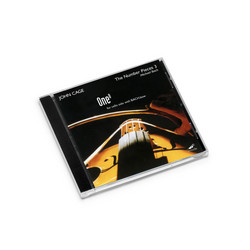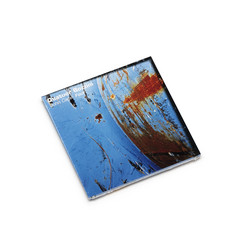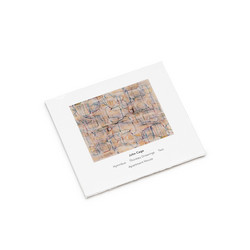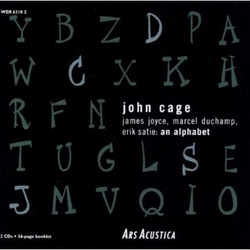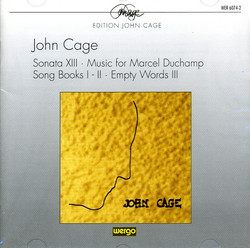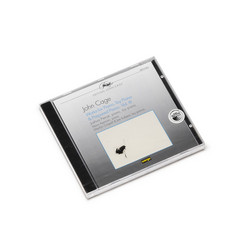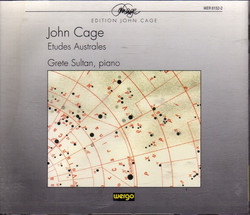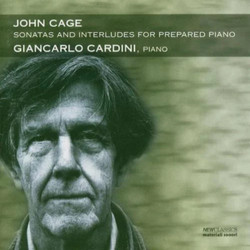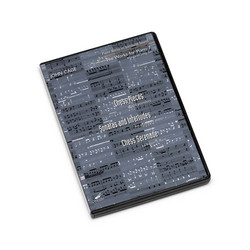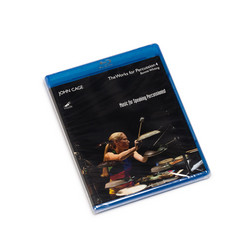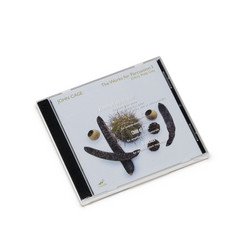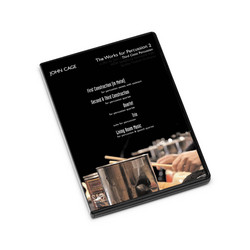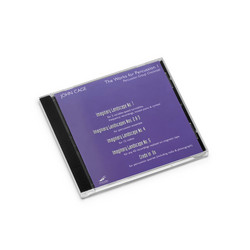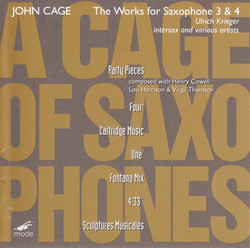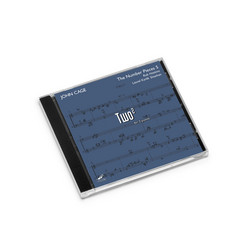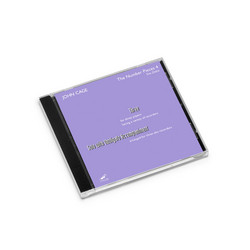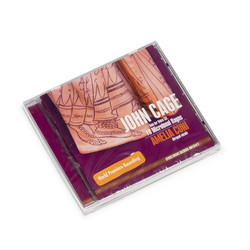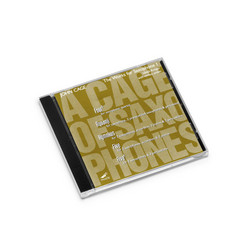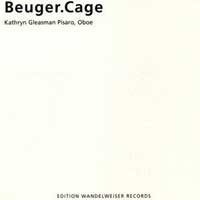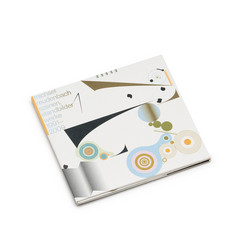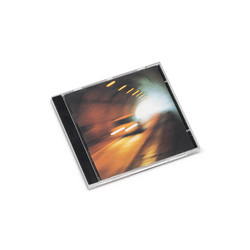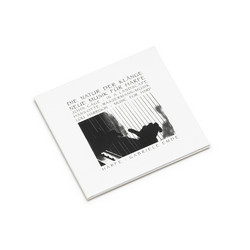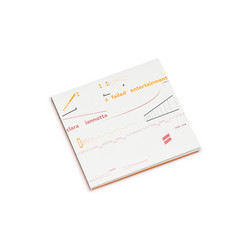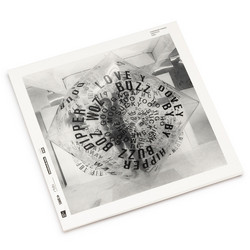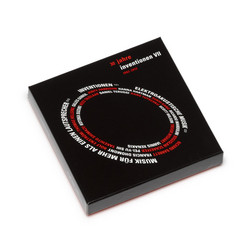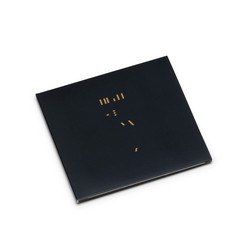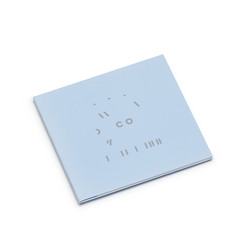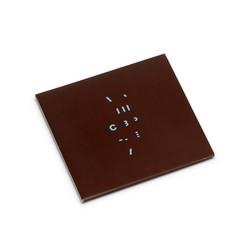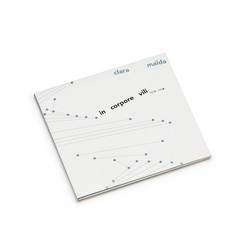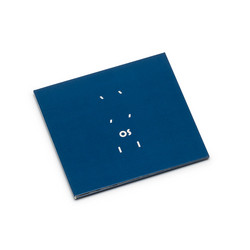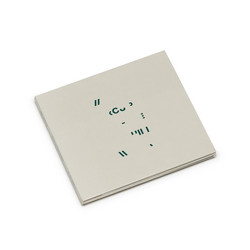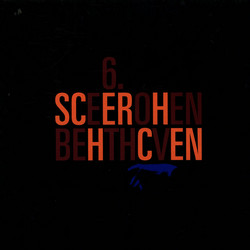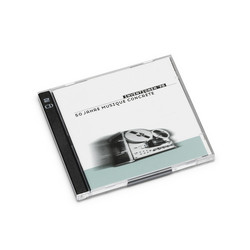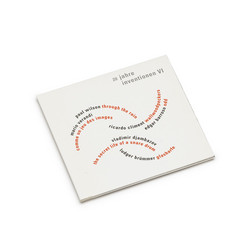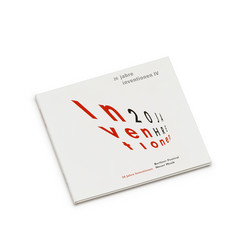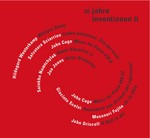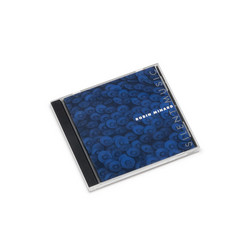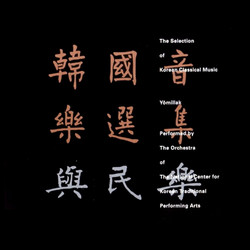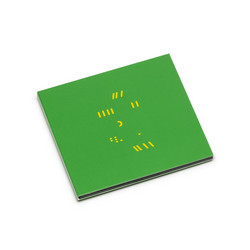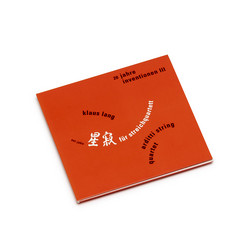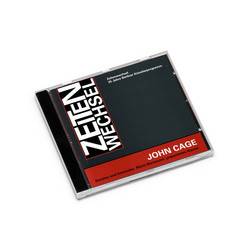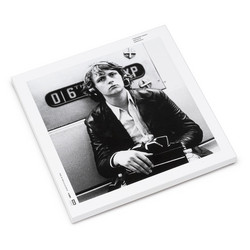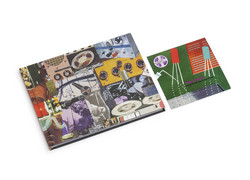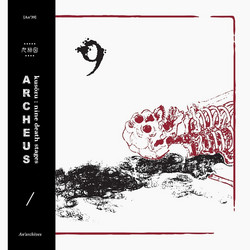From the liner notes by Jakob Ullmann (translated by Peter Gebert and Molly McDolan): "It was during a break in the inaugural meeting of the East German section of the IGNM (International Society for Contemporary Music) in March of 1990 when Reinhard Oehlschlägel, the long-standing music editor of Deutschlandfunk in Cologne, suggested taking advantage of the fact that John Cage was to attend the summer courses in Darmstadt as a special guest by inviting John Cage to East Berlin. . . . Making Giacinto Scelsi's works accessible in the concert hall, the discovery of the quiet and the intangible in the late works of Luigi Nono, the deeply impressed reception even of distant traditions beyond the realm of music by Morton Feldman, and more, had led to the development of a sound phenomenon that would almost have to be called a style, and Cage's works such as 72, and perhaps even more, 103, seem to fit in seamlessly. . . . Cage wrote In A Landscape in 1948 to a choreography of Louise Lippold; the rhythmic structure of the lyrical work echoes the structure of Lippold's dance with its 15 × 15 (5-7-3) measures, while the modal soundscape of the piece is clearly modeled on the aesthetic of Erik Satie. Thirty-four years later, Cage composed a piece for 1-20 concert harps, which was premiered in the same year in Minneapolis. In this piece, Postcard From Heaven, Cage draws on three double ragas, which are used both in their ascending and descending forms, and the characteristics of which may be utilized . . . 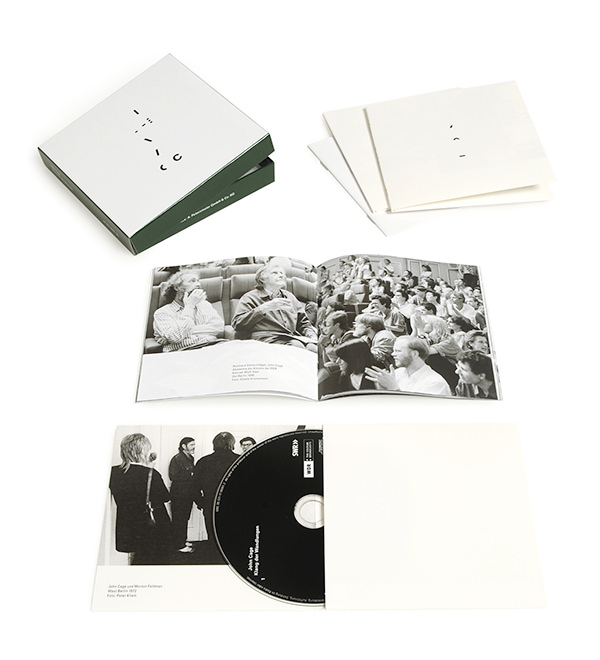
The thirteen parts of Some Of The Harmony Of Maine for organ are based upon movements from a chorale book published in 1794 by Supply Belcher in Boston. Each piece is indicated by the title and, in abbreviation, the meter of the chorale. Cage did not change any of the notes of the original movements; instead, he used chance operations to decide which notes were to be carried over, which to be removed, the duration of these notes, and in which organ registers they were to be played." Performed by: SWR Sinfonieorchester Baden-Baden und Freiburg, conductor Jonathan Stockhammer; Kölner Rundfunk-Sinfonie-Orchester, conductor: Arturo Tamayo; Gabriele Emde - harp; Jakob Ullmann - organ. Includes a booklet in German and English.
